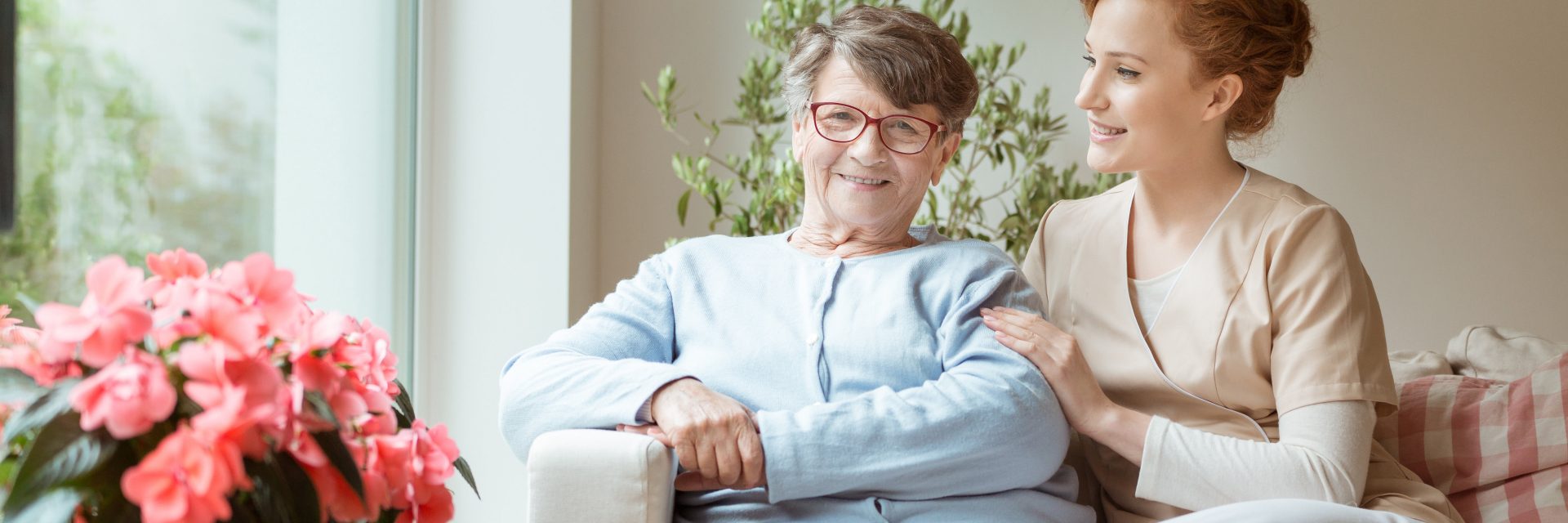What does a home care professional do?
Home care in Long Island provides a wide range of support to the senior and their family, including companionship services. Home care professionals also provide necessary information about senior needs, such as medical conditions and requirements. The responsibilities of a home care professional depend on the senior’s needs and abilities.
What does a home companion do?
A home companion provides assistance with everyday tasks that may limit the senior’s ability to take care of themselves or live independently. Companions can help with meal preparation, personal hygiene, transportation, medication reminders, exercise routines and light housekeeping.
In addition to daily activities, companions can provide emotional support through conversation and can stay overnight in an emergency situation if needed.
As a safety measure for both the senior and the home care professional, all workers undergo extensive background and reference checks before they begin working with a family.
What is home care companion services?
Home care in Long Island services provide seniors with the necessary practical and emotional support to stay in their homes as long as possible at an affordable cost to them and their families. Home care services include: companionship, homemaking, personal care (such as bathing, dressing and grooming) and respite for caregivers. Most senior citizens prefer to live independently in their own homes; those who can’t may opt for home health aides or adult day-care centers that offer one-on-one attention from health professionals like registered nurses if needed. A senior’s decision on where to receive senior home care services will depend on a variety of factors, such as personal preference, cost and availability.
Home care companion services provide seniors with the necessary practical and emotional support to stay in their homes as long as possible at an affordable cost to them and their families. Home care services include: companionship, homemaking, personal care (such as bathing, dressing and grooming) and respite for caregivers. Most senior citizens prefer to live independently in their own homes; those who can’t may opt for home health aides or adult day-care centers that offer one-on-one attention from health professionals like registered nurses if needed. A senior’s decision on where to receive senior home care services will depend on a variety of factors, such as personal preference, cost and availability.
The services provided by home care companion services are flexible and can be tailored to meet your needs. The cost of these types of senior home care services is typically higher than traditional home health care due to the range of responsibilities that must be carried out on a day-to-day basis, including assistance with personal grooming, household chores, transportation options and more. Home companions provide seniors with the freedom to remain in their homes for as long as possible while receiving necessary daily support. However, home companions cannot provide licensed nursing or medical supervision, so families must ensure they understand this before hiring any type of senior care providers.
Home companion services are another option within the realm of senior home care services available to help your loved one stay in their home safely and comfortably. These types of services allow the senior to maintain the independence they want while receiving assistance with activities of daily living that may be difficult or dangerous for them on their own.
What type of training do home care companion services receive?
All senior home care professionals must complete background and reference checks, and each state has different regulations on licensing and certification requirements. Many states also offer periodic training on current issues surrounding senior health care, such as medication management, nutrition and disease prevention options. Home companions can take classes on personal safety measures to help seniors live independently for longer periods without injury. Training classes vary by state; some companies provide all necessary forms and training materials while others may charge a fee to help cover the cost of training.
Companions who provide home care services for seniors must be trustworthy and have a strong sense of responsibility, as this position requires them to look after the senior’s most personal needs. Previous experience working in a medical field, such as certified nursing assistant (CNA), is preferred but not required. Senior companion applicants must pass background checks and references from past employers are usually needed during the hiring process. Most senior home care agencies offer training courses to address any questions or concerns new companions may have about being a private duty caregiver.
Does a senior need a referral to receive home care companion services?
Many seniors prefer to hire their own caregivers so they feel more involved in their daily lives rather than having someone come into their home and do things for them without any input. When hiring a home companion, most seniors choose to work with an agency so they can receive multiple quotes and find the best caregiver for their needs. Senior home care agencies will request information from senior companions and in some cases, they may ask for a referral or professional reference when filling open positions is necessary.
Whether your loved one prefers to hire their own private duty caregivers or uses a senior home care agency is entirely up to them; either way is preferable over not receiving any type of senior home care services at all. Hiring a senior companion does not require you to use a senior home care agency, but many families prefer this route because it allows them to compare prices and make sure everything runs smoothly.
By hiring a senior home care companion, families can rest easy knowing their loved one is receiving the best possible senior care services they deserve. Some senior companions may also assist with light housekeeping responsibilities, such as cooking meals and doing laundry, but they cannot provide nursing or medical supervision. Companions provide seniors with the daily support they need to live comfortably in their homes for as long as possible while keeping them safe from harm’s way.


